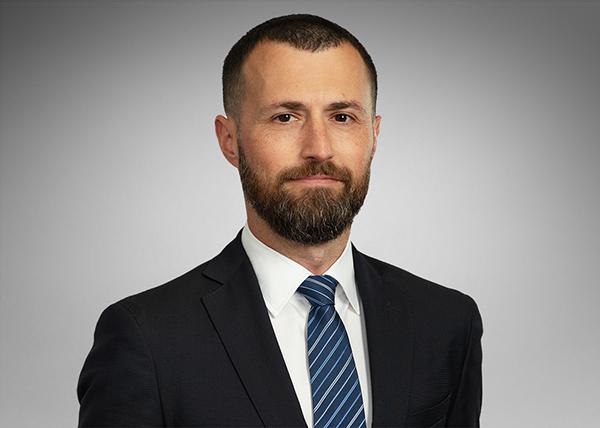David Pinsky spoke with Ukranian Law Firms about the current global investment arbitration landscape. He mentioned the timeliness of this topic, explaining that "investors are filing more claims against host states when they believe the host state has violated its obligations under international law."
David continued by elaborating on the relevancy to Ukraine, saying, "the largest share of ICSID cases registered in 2021 involves states in Eastern Europe and Central Asia. According to the annual report, 30 percent of ICSID’s new cases in 2021 involved Eastern Europe and Central Asia, which I think is interesting and demonstrates the importance of investor-state arbitration in those regions."
He highlighted his own experience in which "investors are becoming increasingly aware of the protections that investment treaties and investor-state arbitration offer them, and are considering how to structure their investments in foreign jurisdictions to increase the likelihood they’ll be able to seek redress against the host state if something goes wrong." David claims this is likely the explanation for the "record number of cases in the past year."
David, who was born in Kyiv and moved to the United States at age two, speaks on his personal interest in what was happening in Ukraine. When asked about the possibility of enforcing the award of international arbitration tribunals against Russia, David says, "Investors in Russia likely want confidence that Russia will abide by its international obligations and, if an award is issued against it, that Russia will voluntarily pay the award like many host states do — and that there won’t be a long delay between an award and payment of compensation to the investor." He concludes by saying, "Ultimately, there is an avenue for enforcement because most countries, including Russia, operate internationally and have assets in various jurisdictions. An investor ideally does not want to search all over the world for the host state’s assets. But, as you can see in the Yukos arbitrations, that is something that investors sometimes have to do."
He also spoke on his pro bono commitment, as well as Covington's as a whole. "In my own pro bono practice," he said, "I have been focused on media freedom issues. In the year between law school and joining Covington, I lived in Russia, studying media freedom issues on a fellowship from the State Department." He continued, "My colleagues and I also recently have been able to marry interests in press freedom in Russia with investment arbitration. Specifically, investment arbitration may be relevant to media outlets if an international media outlet manages its business in Russia from a foreign jurisdiction that has a bilateral investment treaty with Russia. If Russia takes measures that harms that business, or investment, the media outlet may bring an investment arbitration claim under the treaty. This type of work can be extraordinarily rewarding and important."
Please read the article here.
Back
Back




